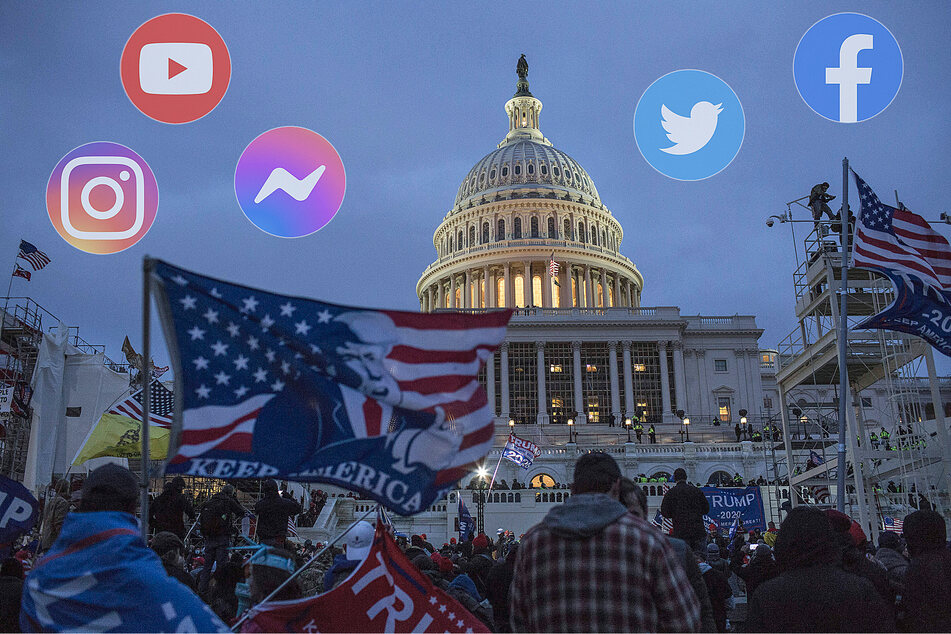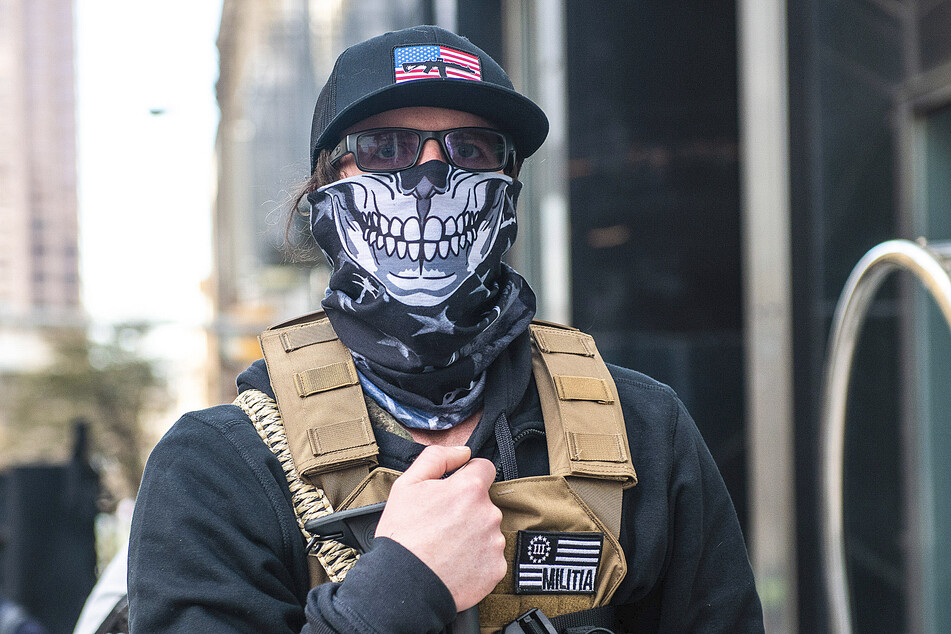Tech companies one year after the Capitol riot: What changed, what didn't
Washington DC - One year after the Capitol riot, big tech platforms are still grappling with their role in the events of January 6, 2021.

Social media companies like Facebook and Twitter had a serious part to play in the storming of the US Capitol, and they received harsh backlash because of the violence that was planned on their platforms.
Facebook, which already had rules in place to deal with hateful content or violent intentions, only enforced them more strictly after the attack, as called out by whistleblower Frances Haugen for endangering democracy.
The company did make some changes to its platform, and was joined by Twitter and other social media platforms in rolling out a wave of account bans.
The biggest change for these companies has been banning users, such as the unprecedented ban of former President Donald Trump's social media accounts.
Twitter went ahead and removed 70,000 accounts connected to QAnon conspiracy theorists, as reported by The New York Times.
In addition to banning accounts, Twitter also spent the past year rolling out new safety features and tools to get the platform to be less toxic, such as reminders that the people you interact with are human beings, and prompts to actually read the content you are about to retweet.
What stayed the same

The people who joined groups and fanned flames of frustration into a roaring bonfire of hate didn't just stop doing that after they were banned from Facebook, Twitter, or YouTube. Many simply pivoted to other social media platforms or private websites.
Their posts and content might not have the same reach as they normally would have with the algorithms of bigger tech companies pushing them, but their behavior is unchanged.
What's more, Facebook hasn't done enough to clean up how its platform works, think tank Tech Transparancy Group (TTG) said in a January 4 article.
TTG shows that Facebook is still a "breeding ground" for militant extremism, and that the same problems with the platform that led to the January 6 riot are still around.
Some of their most important findings were that the Facebook algorithms still promote posts and content connected to a group whose leaders were charged for their participation in storming the Capitol.
The research points out that Facebook and Instagram allow militia groups to run recruiting ads, such as one which reads "We are prepared for war."
Despite some changes and tighter enforcement of rules, social media is still a long way from solving its huge issues with disinformation and extremism.
Cover photo: Collage: IMAGO/ZUMA Wire, Aviation-Stock